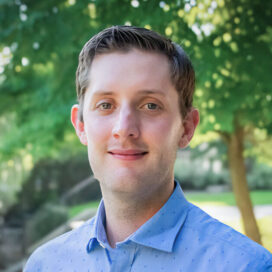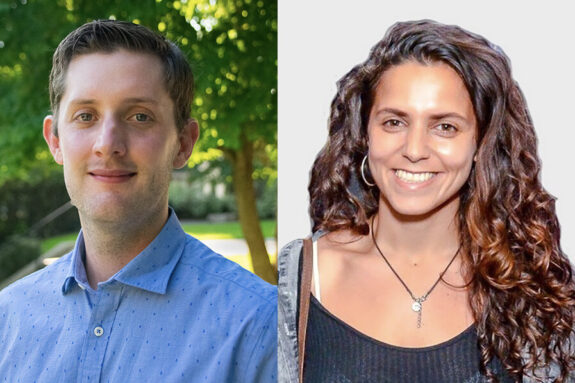
Specialist in submillimeter wavelength telescope observation working to understand the formation of planetary systems.
Research Interests
When, where and how do planetary systems form? These are the questions my research aims to answer. I am interested in understanding both the chemical makeup of the material that forms planets, and the physical processes which brings that material together in protoplanetary disks, the birthplace of planets. For this, I use the biggest telescopes in the world (and in space!) to observe regions in space where planets are forming, and compare this to large-scale, state-of-the-art numerical simulations of the planet formation process.
I tackle these questions primarily with submillimeter (sub-mm) interferometric observations of the gas and dust in protoplanetary disks to map the temperatures, densities, and chemical complexities of the planet-forming material. I’m currently leading the exoALMA collaboration, an ambitious Atacama Large (sub)Millimeter Array (ALMA) Large Program that is conducting the first sub-mm planet hunting campaign, uniquely designed to detect the youngest exoplanets. The unparalleled spatial resolution afforded by ALMA has enabled us to view the 6D structure (three spatial dimensions and three velocity dimensions) of protoplanetary and circumplanetary disks.
Topics I investigate:
- The formation of planetary bodies
- Chemical composition of planet-forming material
- Magneto-hydrodynamical instabilities in astrophysical accretion disks
- Direct detection of the youngest exoplanets
- The early evolution of young planetary systems
Biographic Sketch
Richard Teague joined the EAPS faculty in 2022. After earning a master’s in astrophysics from the University of Edinburgh in 2013, Teague completed his PhD at the Max-Planck Institute for Astronomy in 2017. He stayed on to pursue postdoctoral studies at Max-Planck before moving to the University of Michigan as a postdoctoral researcher in 2017. In 2019, Teague joined the Harvard & Smithsonian Center for Astrophysics as a Submillimeter Array Fellow before coming to MIT in 2022. He retains a research associate appointment at the Smithsonian Astrophysical Observatory through 2025.
Key Awards & Honors
- 2022 • Kerr-McGee Career Development Chair, MIT
- 2022 • pH Lectureship, Center for Astrophysics, Harvard & Smithsonian
Key Publications
-
R. Teague, S. Guilloteau, D. Semenov, Th. Henning, A. Dutrey, V. Piétu, T. Birnstiel, E. Chapillon, D. Hollenbach and U. Gorti, Measuring turbulence in TW Hydrae with ALMA: methods and limitations, Astronomy & Astrophysics, 592 (2016) A49. DOI: 10.1051/0004-6361/201628550
-
Teague, Richard et al., A Kinematical Detection of Two Embedded Jupiter-mass Planets in HD 163296. The Astrophysical Journal Letters 860 (2018) L12. DOI: 10.3847/2041-8213/aac6d7
-
Teague, R., Bae, J. & Bergin, E.A., Meridional flows in the disk around a young star. Nature 574, 378–381 (2019). DOI: 10.1038/s41586-019-1642-0

